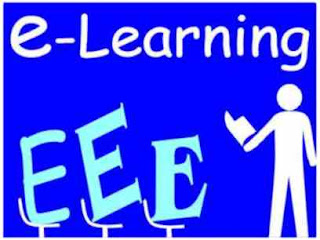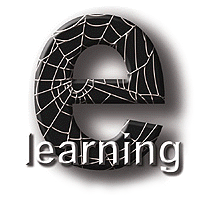http://www.elearners.com/guide/faq-glossary/elearning-faq/what-is-the-future-of-elearning/
A textbook.
Sometimes, textbooks for online courses will be available online (as an e-Book) or will consist of a set of readings freely available online rather than an actual book. But usually, even with distance learning, the textbook will be a printed book that you can hold in your hands.
An instructor.
Distance learning courses vary a great deal in how structured they are. Some are extremely structured, with an instructor-led sequence that is as formal as any one would find in a traditional classroom. Others are more akin to independent study, where you set your own pace for learning and the instructor is only available in class or sometimes not at all.
Class discussion.
In online classes that are like independent study, this won't be an important component. However, many if not most online courses incorporate class discussion using online bulletin boards.
Written assignments.
This is nearly the same when it comes to traditional classes and online classes. One difference is that when assignments are submitted electronically, it's much easier to scan them with plagiarism detection services to ensure that the work you're handing in is really yours.
Quizzes and exams.
you can take quizzes and exams in the environment of your choosing, to prevent distractions, and you can usually take them at a time convenient for you. Another advantage of taking quizzes and exams online is that you can usually find out your score right away





